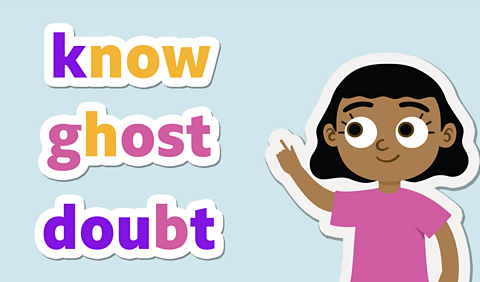Joe wants to write a play for Punctuation Peaks Radio, while Bill has the last laugh on Cinders
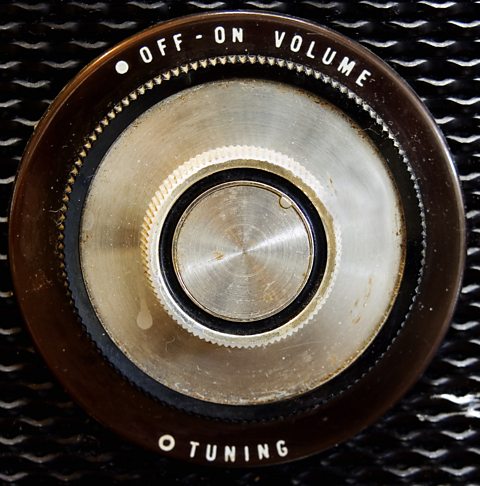
Switching on
For most of us, turning the radio on to listen to music or the latest news is second nature.
However, it was only one hundred years ago that the ±«Óătv ran its first ever radio broadcast in Britain and Ireland from a famous London studio called 2LO.
The first words spoken that day were, “2LO, Marconi House, London, calling”.
From here, the idea of radio as a form of entertainment and a source of information grew and grew to what we know it to be today.

Why write for radio?
There are a number of reasons people will write for radio. They could be journalists reporting a breaking news story (hopefully not about mostly harmless, green aliens who like to lick people).
They could also be writing a play to be performed live on the airwaves. Both have their own unique set of challenges, as Astro-Joe discovers in the animation.
Unlike TV shows, writers cannot rely on costume changes and fancy special effects to help tell their stories. They need to use words and sounds to, “…create images in your head that are better than any space film effects!”, a bit like a good audiobook.
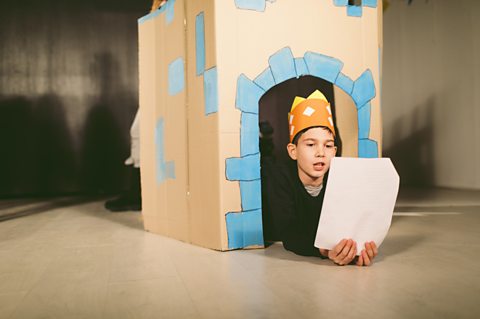
A drama script
A good script is essential.
A script breaks down what is being said by each character (dialogue) and how it is being said (stage directions).
Dialogue is set out with the character's name on the left, then a colon, then the dialogue.
Unlike in a novel, what is being said will be written without speech marks. Stage directions are shown in italics and brackets. For example:
Cinders: Alien! It wants to lick me! (Screams and runs off, leaving Bill laughing).

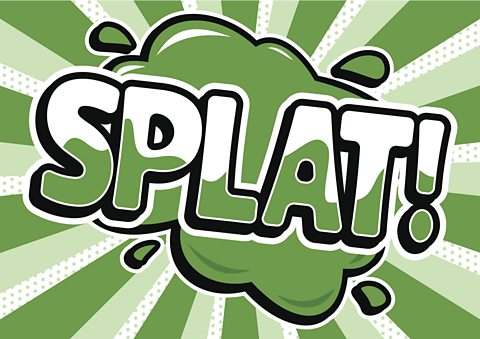
Zap, bang, splat!
Your script will really fizz if you use sound effects and descriptive language.
Adjectives, adverbs and metaphors are your tools.
You can also use onomatopoeia - that is, choosing a word that sounds like the sound it is naming. Think of words like zap, bang and splat!
All these strategies can help the listener form better images in their mind and become lost in the story.


A news script
Journalists will also need to plan and write a script before reading the news.
Having gathered all the facts and information, their script will allow them to tell us what and where something is happening; who is involved and why it is happening to them.
When writing a radio news broadcast, it is important to remember the three C’s -
- be clear - use simple language;
- be concise - keep sentences short and correct
- check your facts, grammar and punctuation
Perhaps you can spot some these writing techniques the next time you listen to your favourite radio show.

More on Writing
Find out more by working through a topic
- count3 of 93

- count4 of 93
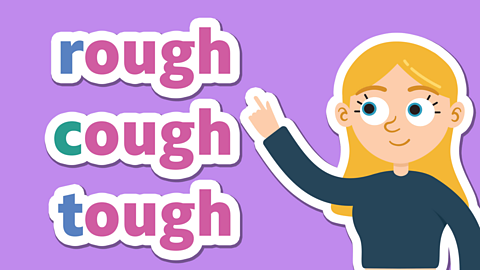
- count5 of 93
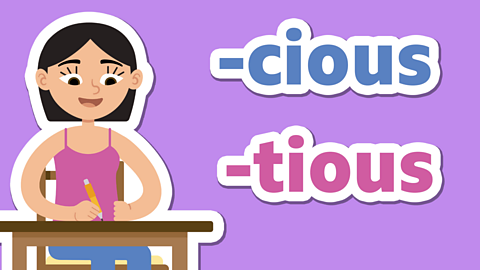
- count6 of 93
